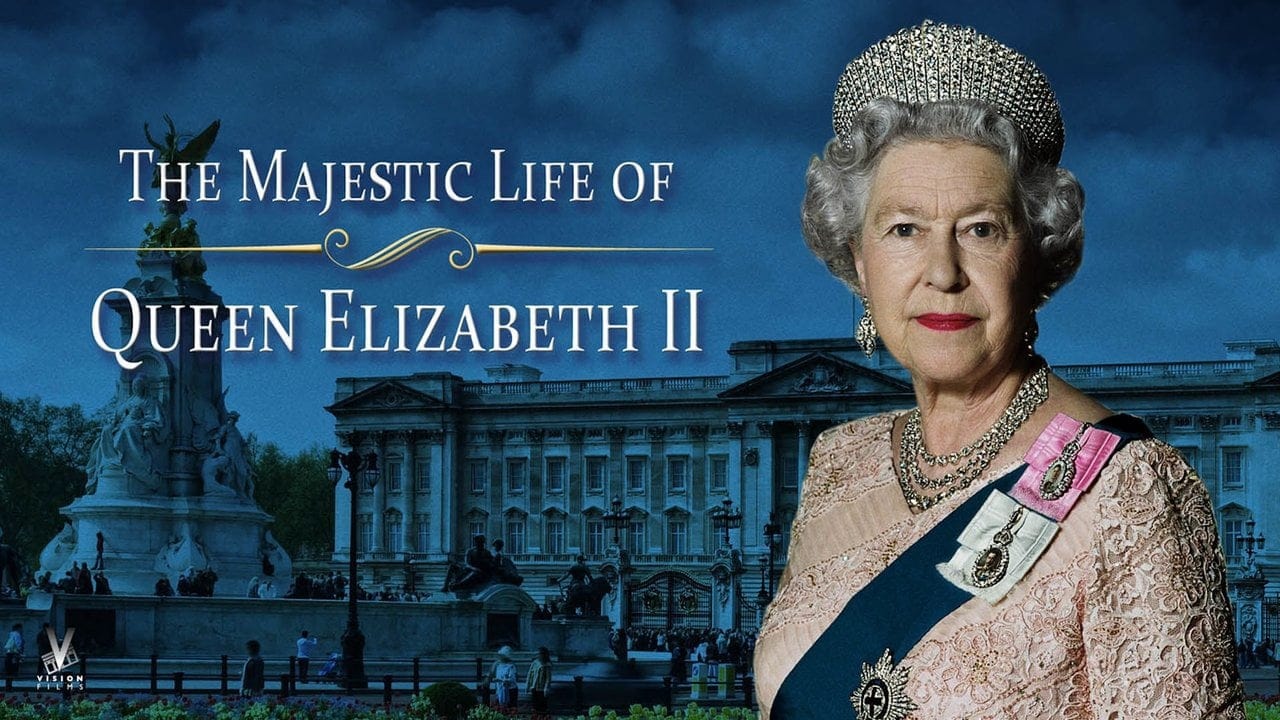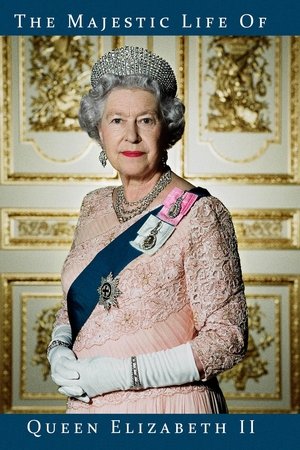Americans love the British monarchy. This may seem confusing because only a few short hundred years ago they were our worst enemies, and every year we celebrate our independence from them. But Claire Foy, who plays Queen Elizabeth II in the first two seasons of Netflix's historical drama, The Crown, noted the American public’s affinity for Prince Harry and the gang in an interview. She said, “Americans love the royal family. Apparently, they’re on the cover of People magazine!”
The Crown humanizes the monarchy, which might explain its popularity. Most compellingly, we get a window into Elizabeth and Prince Phillip’s (Matt Gates) relationship. Early in the season, Phillip feels emasculated that Elizabeth will not take his name in marriage and that their children will also take her name instead, Windsor. Elizabeth won the argument concerning which name the children would take, revealing that it can take a literal monarch to change the patriarchal norms of marriage. “Am I your wife or am I your Queen?” she asks Phillip as they rehearse the coronation, where she requires him to kneel before her.
In a letter to the young Queen Elizabeth, Queen Mary (Eileen Atkins), her grandmother, wrote, “The crown must always win." A thesis for the show, this statement would enable Elizabeth to overrule Princess Margaret’s (Vanessa Kirby) wishes as well as Phillip's. Although Elizabeth approved of her younger sister’s proposed marriage to a divorcee, as Queen, she could not allow it due to church rules. In that letter, Queen Mary had written that "The two Elizabeths will frequently conflict with one another." In this case, Elizabeth's identity as Margaret's sister conflicted with her duties as Queen. Duty won when Elizabeth formerly disapproved of their marriage proposal. Afterward, Margaret tearfully tells her lover Peter Townsend (Ben Miles) that she will never forgive Elizabeth for keeping them apart. This moment shows the deep human toll that the duties of the monarchy took on two sisters, thrust into their roles at a young age.












